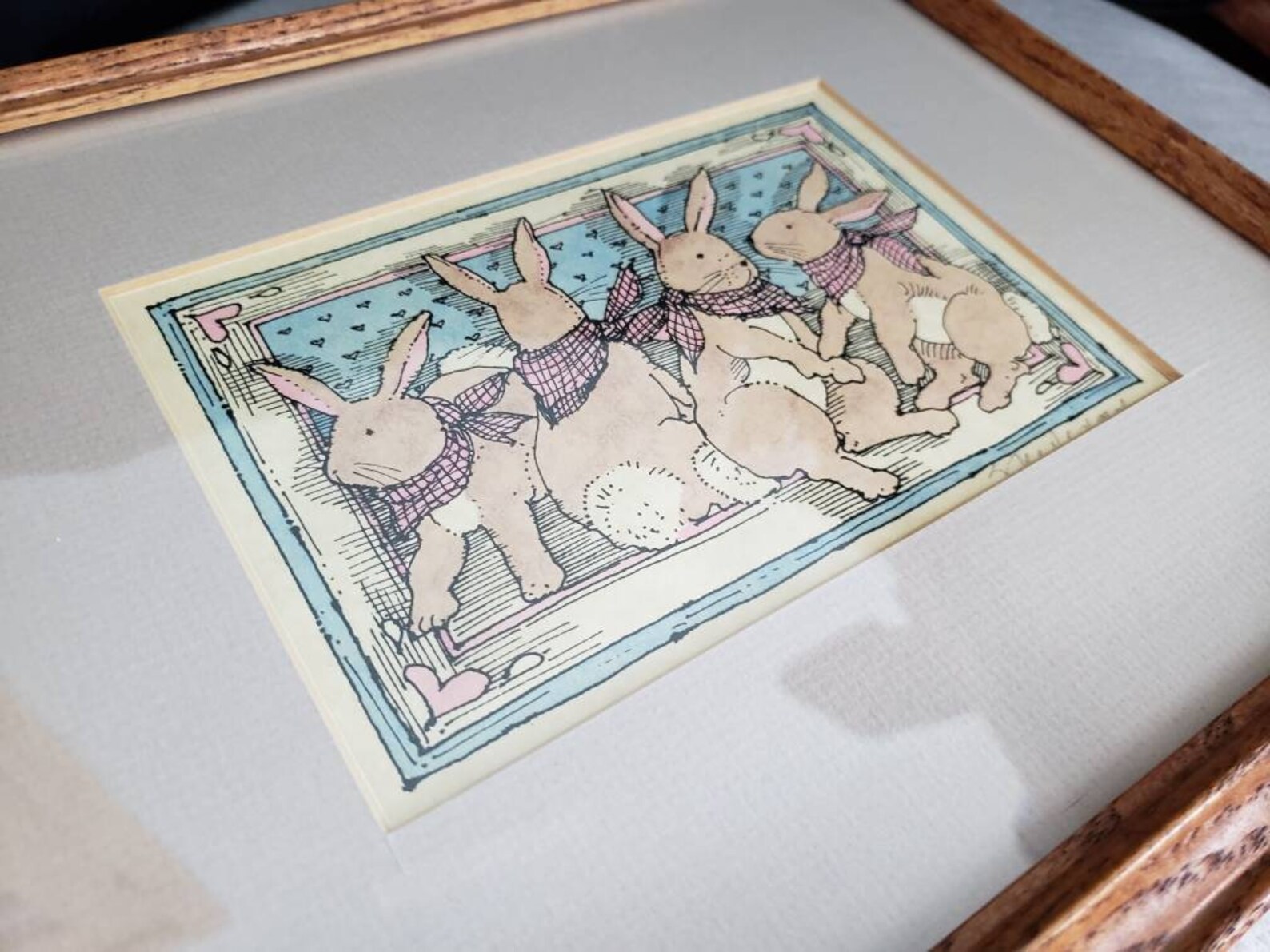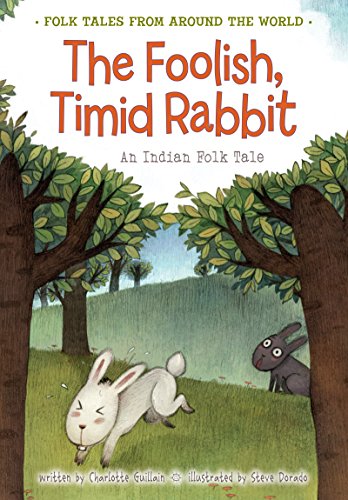

Pine and Cedar are proven to be poisonous to bunnies. Wood based bedding is only okay if it is dust free Aspen. In cages, bedding should be black and white newspaper based or some other sort of recycled newspaper. If they eat the flooring or blankets they can get sick, so always be careful If using a pen, put down something to protect your flooring and then a blanket.

Cages should have a solid plastic bottom to prevent foot sores caused by wire. If you wouldn't eat it, don't give it to your bunny!Īs large as possible cage (minimum 4 x 2 for a single rabbit) or indoor 4' x 4' puppy pen. Stick with all natural, hay based treats that do not have ingredients you cannot pronounce. Stores bought treats with seeds, nuts, dried fruits and other additives can be very bad for rabbits. Use Spinach and Kale sparingly, as lettuces high in oxalates can cause bladder stones. Avoid cabbage, beans, iceberg lettuce, onions and any people food. Fruits and other sugary veggies like carrots can be fed sparingly (usually once or twice a week), including apples (cores removed, seeds are poisonous), berries, bananas etc.

Give mainly vegetables, especially greens like parsley, spring and baby mixes, romaine, dandelion and radicchio, peppers, cucumbers, broccoli, radishes, etc. These are bad for rabbits and can cause gastric problems.Īdult rabbits can have 2-3 servings of vegetables per day (before they are 4 months of age or if they have never had veggies before slowly introduce different veggies to their diet to avoid stomach problems) Do not feed pellets with added nuts, seeds, and fruits. Do not use grocery store/chain store based pellets which involve too many extras like corn and other fatty foods. The best brands include Oxbow, Small Pet Select, and Sweet Meadow. Alfalfa pellets for those below 6 months. Timothy based pellets are best for adults. The average is 1/4 cup of pellets per 5 pound bunny but can vary according to whether your bunny is underweight or overweight. Both need cleaned out regularly to prevent algae and dirt buildup.įor adults: 1/8 to 1/4 cup of pellets a day based on weight. Bottles can be used but are not as reliable. Only give occasional snacks of alfalfa hay (unless they are under 6 months, then you give them as much Alfalfa as they want along with Timothy hay).Ĭonstant source of water from a heavy water crock. Unlimited Timothy Hay (however much they want it should constantly be in their cage).


 0 kommentar(er)
0 kommentar(er)
